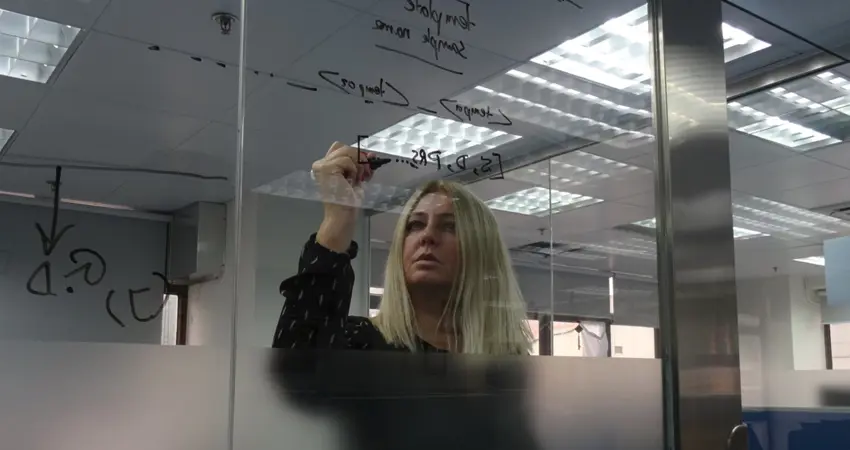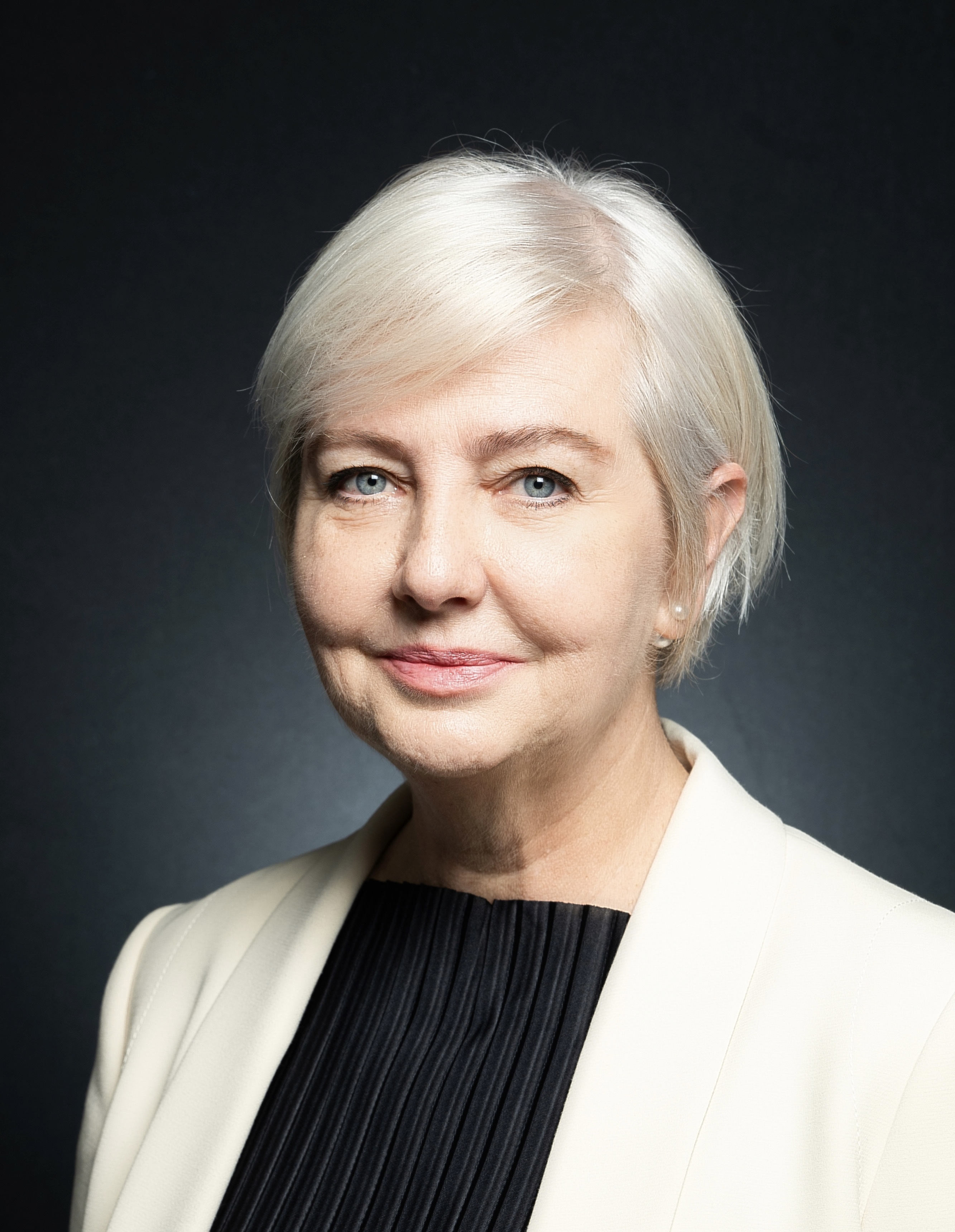27 Jun 2023
Being one of the few: a woman in STEM
An interview with Professor of Data Readiness, Susanna-Assunta Sansone, Oxford e-Research Centre, Department of Engineering Science

Professor Susanna Sansone, Professor of Data Readiness, University of Oxford
In the Department of Engineering Science we have over 150 academics of which fewer than 20 are women. What does this feel like for the women scientists among us?
On Wednesday 3 May, Oxford e-Research Centre was delighted to host the first GenSTEM (Gender equity in Science, Technology, Engineering and Maths) evening – a new event organized by the Department of Engineering Science on behalf of women and any other minority groups or societies studying and working in STEM at the University of Oxford. It was a lively evening with a panel discussion on gender equality in STEM, lightening presentations from nine women researchers, a career and society exhibition with networking and refreshments.
On the panel was Oxford e-Research Centre’s Professor Susanna-Assunta Sansone, alongside Dr Zhanet Zaharieva, CEO of Quantum dice and Professor Sonia Contera from the Department of Physics. We listened to their own personal journeys into the world of science and academia, and after the event we talked to Susanna to learn more about what it feels like being a woman in STEM.
We wanted to make it clear, we are talking about people who identify as female, and we’re talking about academics, not students or researchers.
What makes it difficult for women in STEM? Why do women feel this is hard?
Susanna: That’s a good question. I think different people would give different answers, but I think it’s very much about numbers. For example, if I go to a Faculty Meeting, the vast majority sitting in the room would be men. I don’t think anything makes it particularly difficult, it’s just that when you enter the room you feel different. You can see that you are in a minority. Generally, everywhere you go, committees, panels, boards, men are always the majority.
Is there discrimination?
Susanna: Gender discrimination comes in many forms and shapes. It is not just about underrepresentation, but also about an unsupportive work environment and lack of mentorship. Luckily I have never experienced this in my thirteen years in Oxford, however, it was very different before that, when certain attitudes and situations were considered normal. Things have changed and nowadays people are must more aware of the issues and much more careful in the academic environment. If you do experience discrimination at least there is someone or somewhere you can go to for help.
Here in the Sciences it’s not who you are, it’s what you do. When you present your case, the steps you have taken, your successes and the impact you are having, it’s that which gets valued, regardless of who you are.
Do men get prioritised over women for promotion?
Susanna: I think it’s that men tend to approach things differently from women. Let’s say you have a man and a women and they are both at a similar career stage, and they both go for promotion: a man might go for it very strongly and earlier, perhaps more boldly, whereas a woman is more considerate in her approach, she might wait one more year before she applies so she can feel one hundred percent sure she has a good case. So I think it’s more about the attitude.
Women who are mothers and running a family are not afraid of taking a part-time approach. It can impact and slow down their career, but when they jump back, they make up for the time.
I have met a lot of competitive women and maybe they have got where they are because they are competitive. They have told me that they really had to put themselves forward in order to earn their position.
What about the WiE network?
Susanna: Relaunched here in 2021, the Women in Engineering (WiE) network is driven by a Steering Committee which has been been able to couple the routine of the society management with the creative aspect of virtual and in-person events, in educational and professional activities. The network and the events are open to academics, students and admin staff and it's not just for women, it's for everybody. I am proud to be their senior faculty advisor. I am inspired by their drive and I learn from them too.
On the panel one of our speakers summarised things women in STEM can do: take risks, be innovative, explore, have fun and be yourself. What can we do to encourage women to feel confident?
Susanna: Building self-confidence takes time and effort but it is important and worth it. Make sure you know what your strengths are as well as your weaknesses and embrace them. Take on new challenges but know your limits. Celebrate every win and learn from any error; also ask for feedback and do not be afraid to say "I don't know".
There’s no handbook on being a woman in Engineering. Once you decide maybe to enter a career in engineering there is no limit here. But you do need to take risks. Maybe you need to open a door that has not been opened. Be innovative. Anybody who is working here is going to be innovative.
It’s not just about learning and working, it’s the human support that you also need. Sometimes it can be lonely in the study and the career paths you have chosen. Some people are still finding out who they are and who they want to be. Or some people may know themselves, but perhaps they feel they cannot express who they are freely, especially at work.
It’s very important to create your own personal network of supporters, which might be different from everybody else’s. They may come from unexpected places.
Maybe it is somebody in your office or in another building, they may be your supervisor, or they may be somebody more junior, or people who have had bad experiences or good experiences. My support network for example, includes a real mix of very senior staff and peers who are in the University but also abroad, as well as my partner.
In every work or study place there will be a certain amount of struggle, especially at the beginning. However, if you really cannot be yourself and enjoy what you are doing, despite trying your best, then maybe you are in the wrong place and you should learn to make a change. Be brave enough to say ‘This is not working for me’. Changes can be scary but are also opportunities for growth and new beginnings.





